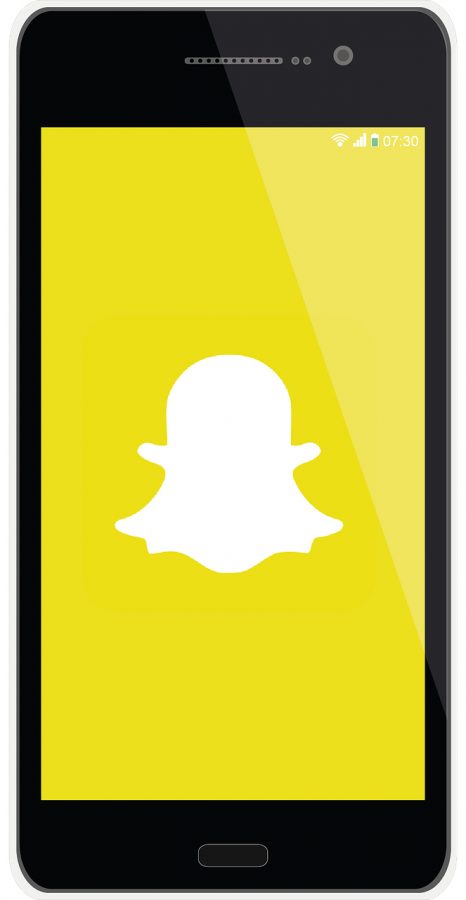You only live once, so Snapchat says ask away
Snapchat, largely frequented social media app of brevity, is the platform for YOLO.
As I’m scrolling through my phone, emoji laden notifications pop up on my screen. Like a siren’s call, they implore me: “See who thinks about you in class” and “Ask: Tell me something you think I should know.”
You might wonder, what is the application that demands such bravery in exploring the unknown territory of people’s deepest thoughts and feelings? What is the philosophy that allows people to delve into that murky territory? To both I say, you only live once. That’s right, YOLO.
The app pairs with Snapchat and allows Snapchat friends to send and receive anonymous comments and questions from each other. They can even reply to the question or comment on their Snapchat story with a picture.
Since its release on May 2, it has been downloaded more than 5 million times and occupied the list of Top 10 apps in the iOS app store for five weeks in a row, spending two of those weeks in the No. 1 slot. However, the reputation of anonymous messaging apps like YOLO is marred by the risk of harassment on them.
The app for “constructive” anonymous feedback, Sarahah (which means honesty in Arabic) came to life on my friends’ Facebook feeds in 2017. They got messages praising their intelligence in various Facebook groups, thanking them for their kindness, expressing their adoration or love, and yes, a collection of crude messages which they either found hilarious or validating.
None of the messages that they posted seemed unexpected in the context of the Internet, nor did they appear to be cruel or abusive. I was surprised when Sarahah was removed from the iOS App Store over bullying and threatening messages sent over its interface, many of which came to and from teenagers.
Gregoire Henrion, the co-founder of YOLO, claims to be aware of the history of bullying associated with anonymous bullying apps and that the company has planned accordingly.
“Most anonymity apps failed because they were populated with bad content like (bullying) and the retention was low,” Henrion said. “So our approach is, ‘How do we create a healthy community where content is always good and people can use it for a long time?’”
When I first opened the app, a dialog box popped up that warned, “By using YOLO you agree the terms of service (EULA) and privacy policy. YOLO has no tolerance for objectionable content or abusive users. You’ll be banned for any inappropriate usage.”
However, what YOLO terms as objectionable content is suspect, especially since they are marketing to teenagers. I’ve seen comments that my friends have been sent which are more common as crude pick-up lines on dating apps than what should be on an app that Henrion clearly said was designed as “an obvious track” for teenage users.
Based on my cursory knowledge of the interface, there appears to be no mechanism to report particular messages through the app itself, all you can do is delete them.
Those who have reviewed the app on the iOS App Store have said that the only way to report messages is to contact YOLO’s customer service department, and many who have done so have said that they never received a reply from them.
Not having the option to report specific messages within the app is a major flaw in its design at best and a calculated effort to avoid confronting the harassment that this app enables at worst.
I have used YOLO twice since I downloaded it. I have been fortunate that, despite the anonymity granted by the app, I haven’t received abusive, harassing or even crude messages. Instead, they’ve been either expressions of support for things that I do on campus or thoughtful questions about my identity, both of which also surprised me, given my ambivalence toward anonymous apps.
Perhaps the most heartwarming and insidious things about this app and other apps like Sarahah and its predecessor, YikYak, is that our culture of confession unveils truth, but clouds the way we see others and ourselves.
Editor’s note: This story originally was published in Volume 106, Issue 6 of The Guilfordian on Nov. 15 2019.









